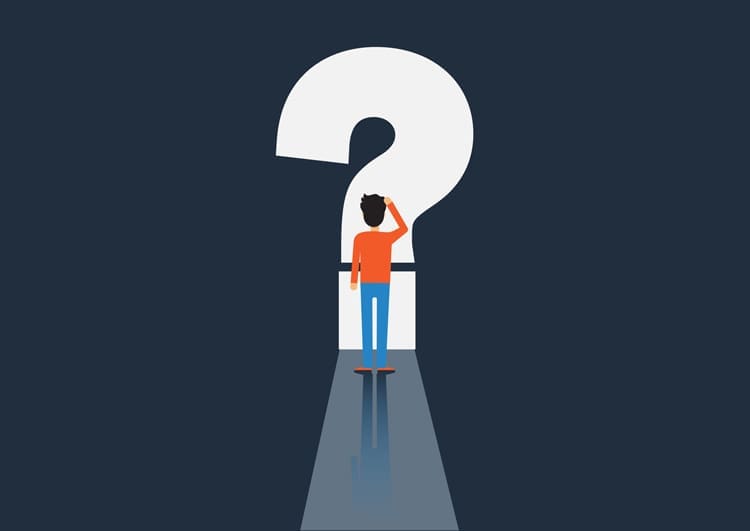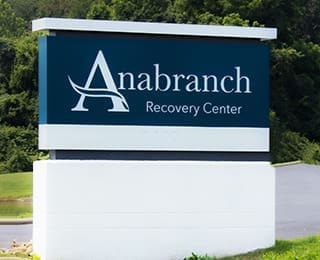What Is a Functional Addict?
The term functional addict is often used to describe a person who uses drugs or alcohol but continues to work and engage in life. While the term describes an important concept in addiction–the ability to be addicted to a substance while seeming “okay” or even successful to others–we prefer to avoid the word “addict.” As an arguably derogatory label, that word only leads to a worsening of the stigma surrounding addiction.
Let’s start our discussion of high-functioning addiction by moving away from the stereotype of what a person with addiction looks and acts like. The TV-version of a person addicted to alcohol may depict a homeless person with a bottle in hand. It may show a person in a drunken stupor all of the time. But those scenarios are rare. It is much more common for a person with an alcohol addiction to still go to work and meet or even exceed basic obligations. Their problem may not even be evident to anyone but those who are close to them.
What Makes One a Functional Addict
Consider your own or a loved one’s use of alcohol or drugs. How can you tell whether addiction is present? Here are a few signs of functional addiction:
- Justifying Use: A common sign of addiction is making excuses for continued use. Do you always find a reason to “celebrate,” for example?
- Blaming Use on Something Else: You may blame your use on a stressful day at work or on having to go to a dinner party and participate even though you didn’t want to.
- Consistent Inability to Control Use: You may set out to have just one drink or just one joint but then find yourself unable to control your use once you start.
- Hiding Use: Even though your friends know you use substances, you feel it’s necessary to use them alone or hide how much you are using. You feel compelled to limit what people know about how much you use or how often.
- Engaging in Risky Behavior: The number of risky experiences you have while drunk or high and the level of risk continue to increase. Behaviors may include engaging in sexual encounters with strangers, driving under the influence, or other dangerous activities.
- Using at Work or School: A person who is dependent on alcohol and drugs typically engages in use as often as possible. This may include drinking at work or hiding your drug use at school.
- Change of Friends: As your use continues, you may feel it necessary to be around other people who engage in the same types of behaviors at the same level. You feel more comfortable with them because they are using as much as you are.
Signs of Withdrawal & Cravings
Addiction and dependence occur when a person is compelled to use the substance even though they know that they are at risk if they continue to do so.
Physical dependence makes it very hard for a person to stop using. The way the brain responds to pleasure has changed. As a result, your brain is constantly seeking out these substances as a way to feel pleasure and reduce withdrawal symptoms. Soon, the substance use becomes less and less about pleasure and more and more about avoiding pain. Common withdrawal symptoms include:
- Muscle and bone pain
- Nausea and vomiting
- Intense cravings that are hard to ignore
- Insomnia or being tired all of the time
- Hallucinations
- Seizures
- Paranoia
If you are feeling these symptoms, chances are good you are struggling with addiction and dependence. Coming to this realization is essential. It may mean you’re ready to get help for your condition as well.
If I’m Okay, Why Should I Get Help?
That’s a common question among men and women who still engage in life but need to use drugs or alcohol to do so. The frank answer is that this will soon change.
A person who is functional now may not be in a few weeks or months. They may develop complications from addiction, including disease and mental health disorders.
You may feel okay right now. Yet if you look closely, you may notice:
- Financial problems are mounting
- Relationships are losing a sense of trust and stability
- Problems with family continue to worsen
- You are not doing the same quality of work you used to
- You’re not the friend you used to be
- Health issues are mounting
In these situations, it’s best to seek help. A team of professionals can help you get back on track sooner, enabling you to feel more in control over your life.
Ready to Get Help?
Treatment for drug and alcohol addiction can change your future. When you work closely with our dedicated team of professionals at Anabranch, you’ll learn how to regain your health and sobriety and become high-functioning on all levels: physically, emotionally, mentally, and spiritually.
Are you or a loved one looking for drug and alcohol rehabs in Indiana? For more information about Anabranch Recovery Center, and the services we offer, please call and speak with someone today at (888) 302-8095.




